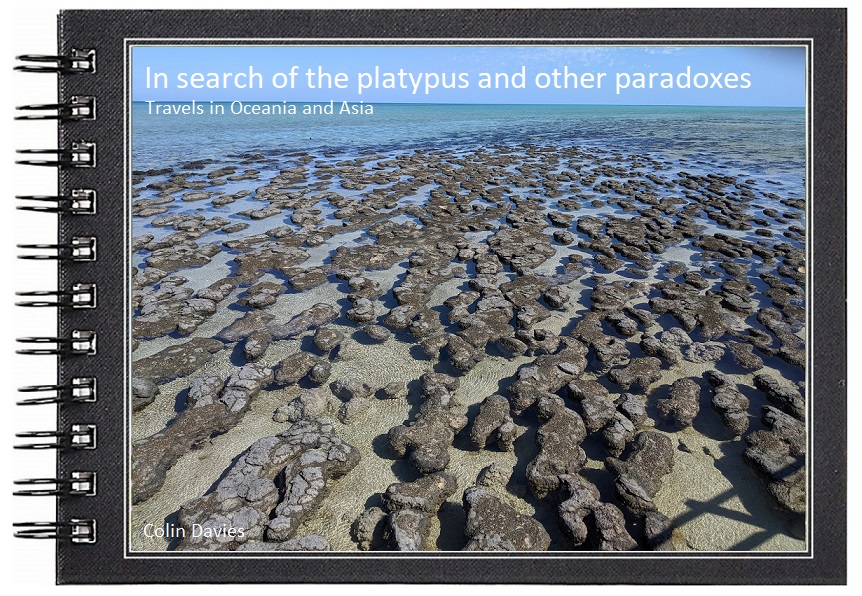Wednesday, 20 June 2018
Red-necked avocets, Keldron Brook Wetlands
A traveling day today but with my flight only scheduled to leave Brisbane at 14:00 I was undecided how best to use the morning. I decided that the best option was to leave Noosa as soon as possible and head closer to the airport and visit a couple of wetland sites which had been pretty much out of reach to me when I was in Brisbane without a car two weeks ago. Highlight was Keldron Brook Wetlands, just a few miles from the airport. It turned into a bit of a hike but it was worth it, with a great wetland area which had around 100 each of red-necked avocets and white-headed stilts, as well as good numbers of grey teal and a few pelicans and red-kneed dotterel, plus probably lots more but I just didn't have the time to do it justice. The avocets were a major target species for the holiday, and though I suspect I may see them again in South Australia, it was great to get a good look at them today. Too soon though I had to sprint back to the car and get to the airport........
What a cracker. I could see the wetland in the distance and it was a fair walk in the limited time I had but it was well worth it for this!
One of two very obliging white-breasted woodswallows at the wetlands.
Black-shouldered kite.
Keldron Brook Wetlands, Brisbane. I also saw a few other raptors here, white-bellied sea eagle, brahminy kite and whistling kite, plus red-backed and superb fairy-wrens.
Laughing kookaburra.
Not quite so obliging but no less pleasing, another new species for me, cotton pygmy goose at Dowse Lagoon, not from Keldron brook wetlands,
Subscribe to:
Post Comments (Atom)
-
Photo: Snowy albatross. "Wanderer at 6 o'clock!", the cry went up and sent shivers down my spine. This was the moment I ha...
-
I've been to Southern India twice now, but neither were birding holidays. The first was to meet the family of my son's...
-
Philips Island is a 90 minute drive south east of Melbourne. It's a proper island but you can drive onto it via a bridge. The day we ...




















No comments:
Post a Comment